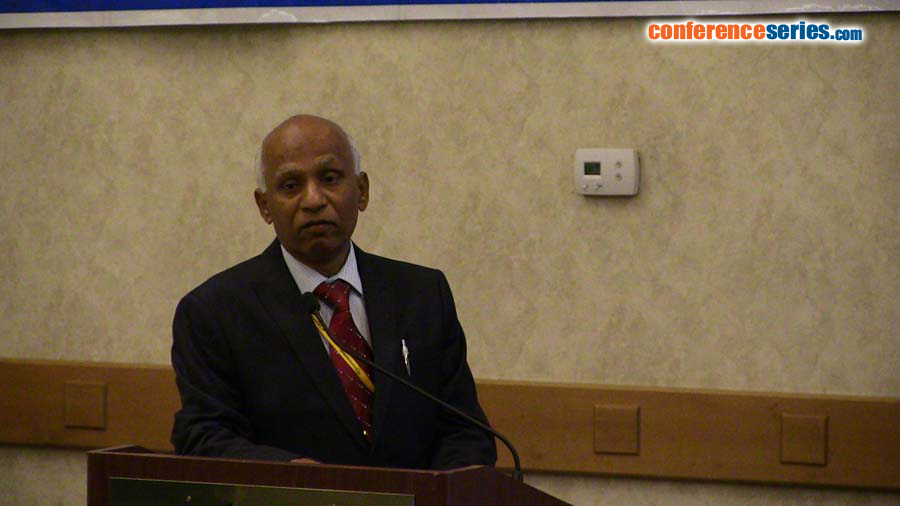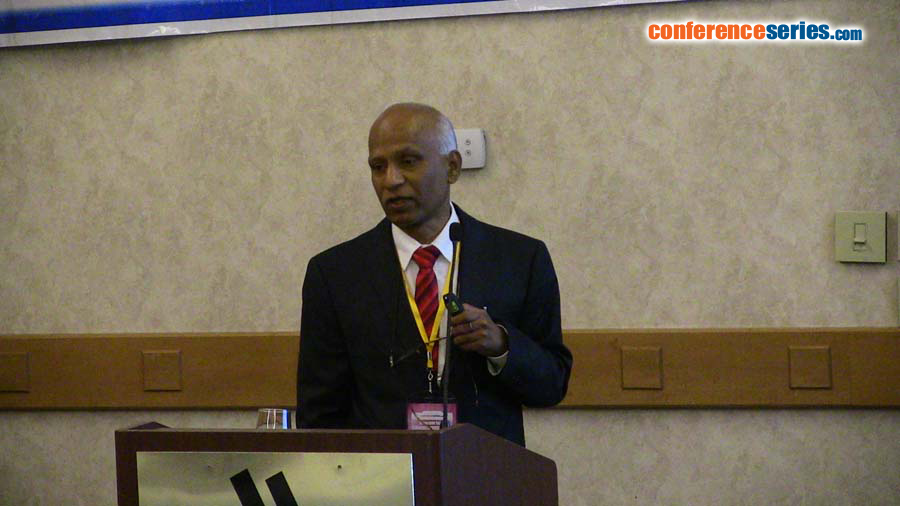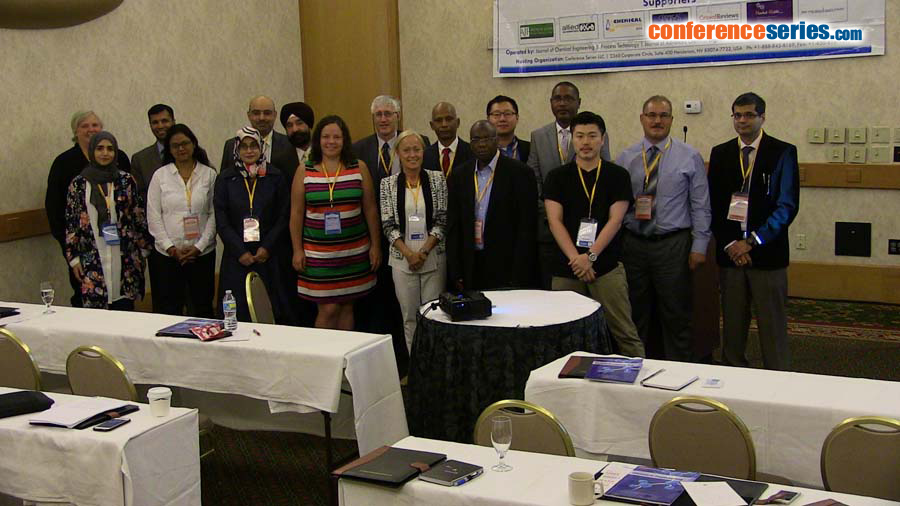
Biography
Biography: Ravindra Pogaku
Abstract
Fossil energy resources are declining at a rapid rate creating alarming unstable equilibrium between nature and humanity. We must develop and deploy renewable energy systems. An attractive alternative is to convert lignocellulose biomass into transportation fuels. The abundance of energy and its products are a key factor for the status of any nation in the modern world. The amenities (e.g., wealth, education, health care, transportation, etc.) enjoyed by developed nations depend on abundant energy, about 85% of which is derived from fossil resources (i.e., oil, coal, and natural gas). There is a strong correlation between wealth production and energy consumption. The faster we consume energy, the more wealth we produce. In the last few centuries, developed nations have become rich largely by consuming fossil energy. Our lives continue to get better as we consume more energy. The human development index (HDI), a composite metric of health, education, and living standards. At low rates of energy consumption, HDI rises very rapidly, and then levels off above about 4 kW per capita. Our lives do not continue to improve significantly as we consume more energy beyond 4 kW/ person. By approximately 2025, global population will be about 8 billion. If everyone were to consume primary energy at a rate of 4 kW/ person, the global energy consumption rate would be 32 terawatt (TW). Currently, we consume about 16 TW, so if we were to raise the average global living standard to the equivalent of 4 kW/person, we would need to double primary energy production by 2025. Hence, biofuel technology is the boon to provide sufficient energy for the sustainable world. To address our energy needs, one strategy is to increase bioenergy by using large-scale renewable lignocellulose energy systems as they are essential as fossil energy cannot provide the energy required to enable and underpin long-term prosperity. To ensure sustainable prosperity, we must develop and deploy renewable lignocellulose energy systems at the multi-terawatt scale. In the workshop generation biofuels from various lignocelluloses are highlighted. The biological thermodynamics, biochemical reaction rates, design of bioprocess technology are emphasized for exploiting bio resources for large scale biofuels production.




